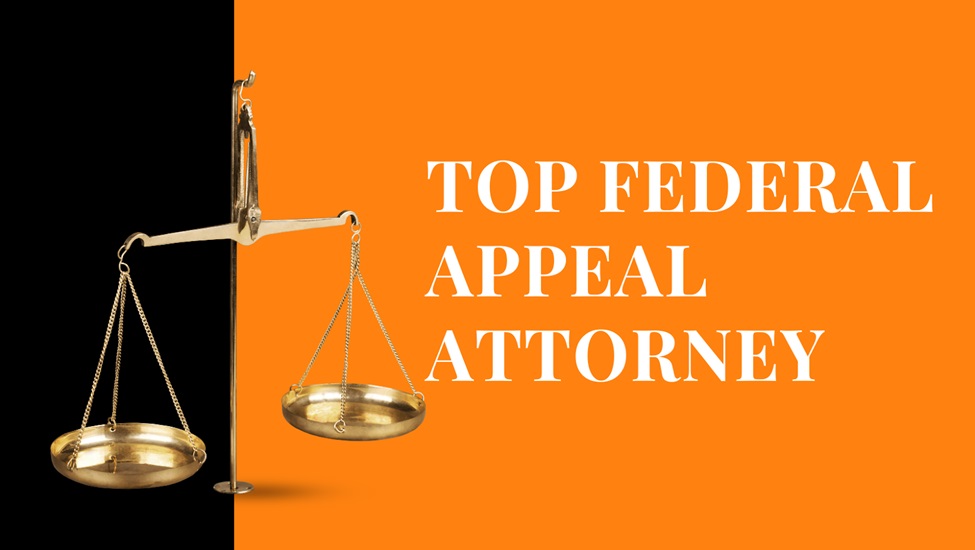If you’re facing sex crime charges in New Jersey, one of the most serious long-term consequences you could face is registration under Megan’s Law. For many clients in Jersey City and across Hudson County, this is the part of the punishment that lasts long after jail time or probation is over — and in many cases, it lasts for life.
In this post, I’ll explain:
- What Megan’s Law is
- How it works in New Jersey
- Who it applies to
- What it means if you’re required to register
- Whether you can ever get off the registry
What Is Megan’s Law?
Megan’s Law is a federal and state legal framework that requires individuals convicted of certain sex crimes to register with law enforcement and, in many cases, have their information made available to the public.
It’s named after Megan Kanka, a 7-year-old New Jersey girl who was tragically killed in 1994 by a convicted sex offender living in her neighborhood. The case led to nationwide reforms, but New Jersey was among the first states to adopt mandatory sex offender registration laws — and remains one of the strictest.
How Megan’s Law Works in New Jersey
If you’re convicted of certain sex crimes in New Jersey, you may be subject to:
✅ Registration
You must register your personal information with the local police department and notify them any time you move, change jobs, or travel out of state.
✅ Community Notification
Depending on your assigned risk level (Tier 1, 2, or 3), law enforcement may notify:
- Schools
- Daycare centers
- Community organizations
- Neighbors or the general public (for high-risk offenders)
✅ Public Access
If you’re classified as Tier 2 or 3, your information may appear on the New Jersey Sex Offender Internet Registry, including:
- Name
- Photo
- General location
- Description of your offense
What Crimes Trigger Megan’s Law?
Not every sex offense leads to Megan’s Law registration. But many do, including:
- Aggravated sexual assault
- Sexual assault (rape)
- Criminal sexual contact (in some cases)
- Endangering the welfare of a child
- Possession or distribution of child pornography
- Luring or enticing a minor
- Kidnapping (with sexual intent)
The exact requirements depend on the nature of the charge, the age of the victim, and the details of your sentence.
Sometimes, people agree to a plea deal thinking they’ll avoid jail, only to later learn that registration under Megan’s Law is mandatory. That’s why it’s critical to consult a defense attorney who knows the long-term implications before accepting any plea.
Risk Tiers: How You’re Classified
Once convicted, you’ll go through a process where the court and prosecutors assess your risk of reoffending and assign you a tier level:
🔹 Tier 1 — Low Risk
- Law enforcement is notified
- No public access to your information
- Registry is not visible online
🔸 Tier 2 — Moderate Risk
- Law enforcement and certain community groups are notified
- Information may be shared with schools and organizations
- Limited online visibility
🔺 Tier 3 — High Risk
- Full community notification
- Your name, photo, and offense details appear online
- Neighbors, schools, and employers may be directly notified
Your attorney can challenge your tier classification at a court hearing. Successfully being placed in a lower tier can significantly reduce the damage to your life and reputation.
How Long Does Megan’s Law Last?
In most cases, registration is for life — but there are some exceptions.
You may be eligible to petition for removal from Megan’s Law if:
- 15 years have passed since your conviction or release from custody
- You have no new convictions
- You can prove you’re no longer a threat to the community
This is a legal process that requires:
- A formal petition
- Possibly a psychological evaluation
- A hearing in court
Many people never even realize this is an option — and continue to suffer the consequences unnecessarily.
Life on the Registry
Living under Megan’s Law is difficult and invasive. It can affect:
- Where you can live (due to school zones or community rules)
- Where you can work (many employers won’t hire registrants)
- Relationships (partners, neighbors, and friends may find your listing)
- Parenting (you may face custody issues or restrictions)
The stigma doesn’t go away, and online registries make it easier than ever for your past to follow you — even if you’ve done everything right since your conviction.
Can You Avoid Megan’s Law?
The best way to avoid Megan’s Law is to fight the charges before a conviction happens. An experienced Jersey City sex crime defense lawyer can:
- Argue for dismissal or reduction of charges
- Negotiate a plea to a non-registrable offense
- Challenge the evidence (or lack thereof)
- Protect your record and reputation early in the process
If you’ve already been convicted and are on the registry, it may still be possible to pursue removal, downgrade your tier, or fight notification levels — but it requires skilled legal advocacy.
Final Thoughts
Megan’s Law is one of the most serious and life-changing consequences of a sex crime conviction in New Jersey. It’s not just a court order — it’s a permanent, public label that can follow you for decades, if not forever.
But you have options.
Whether you’re facing charges now or already on the registry, we can help. Contact our office today for a confidential case evaluation and find out what steps you can take to protect your future, your freedom, and your name. We recommend jersey city sex crime lawyer.




